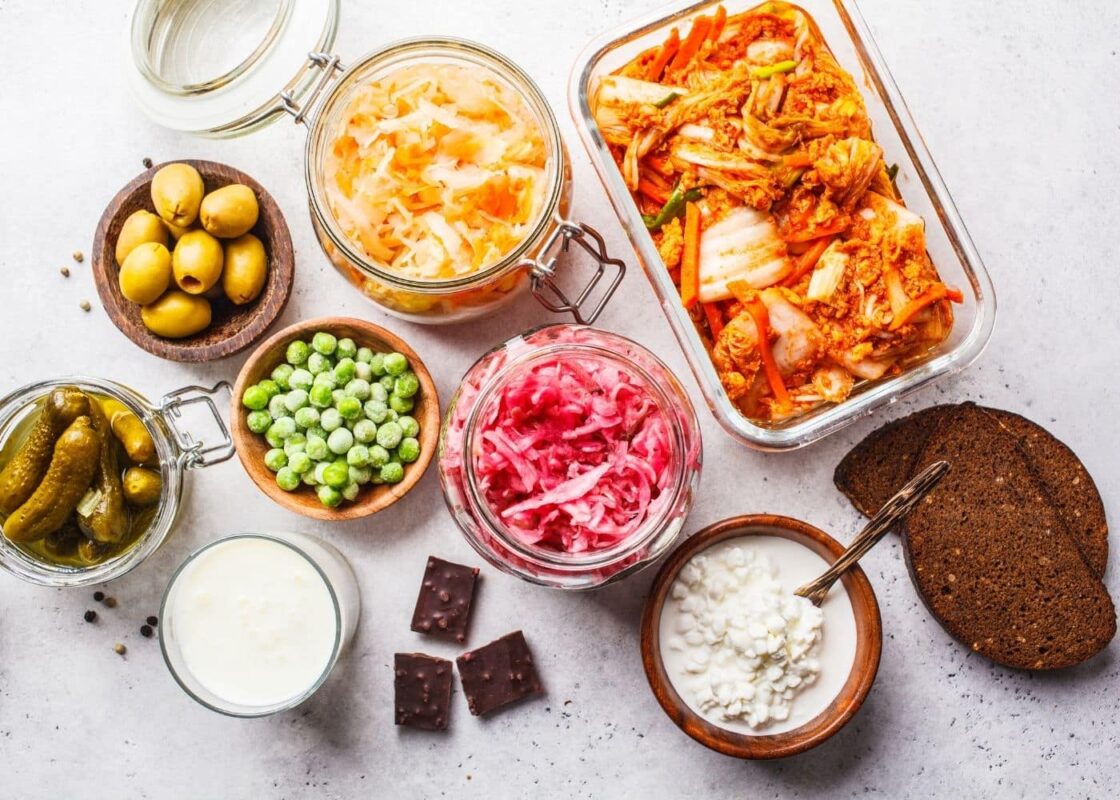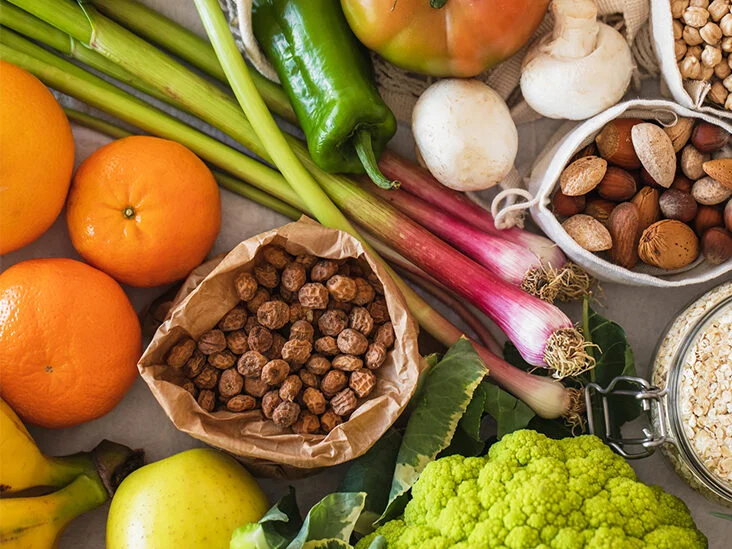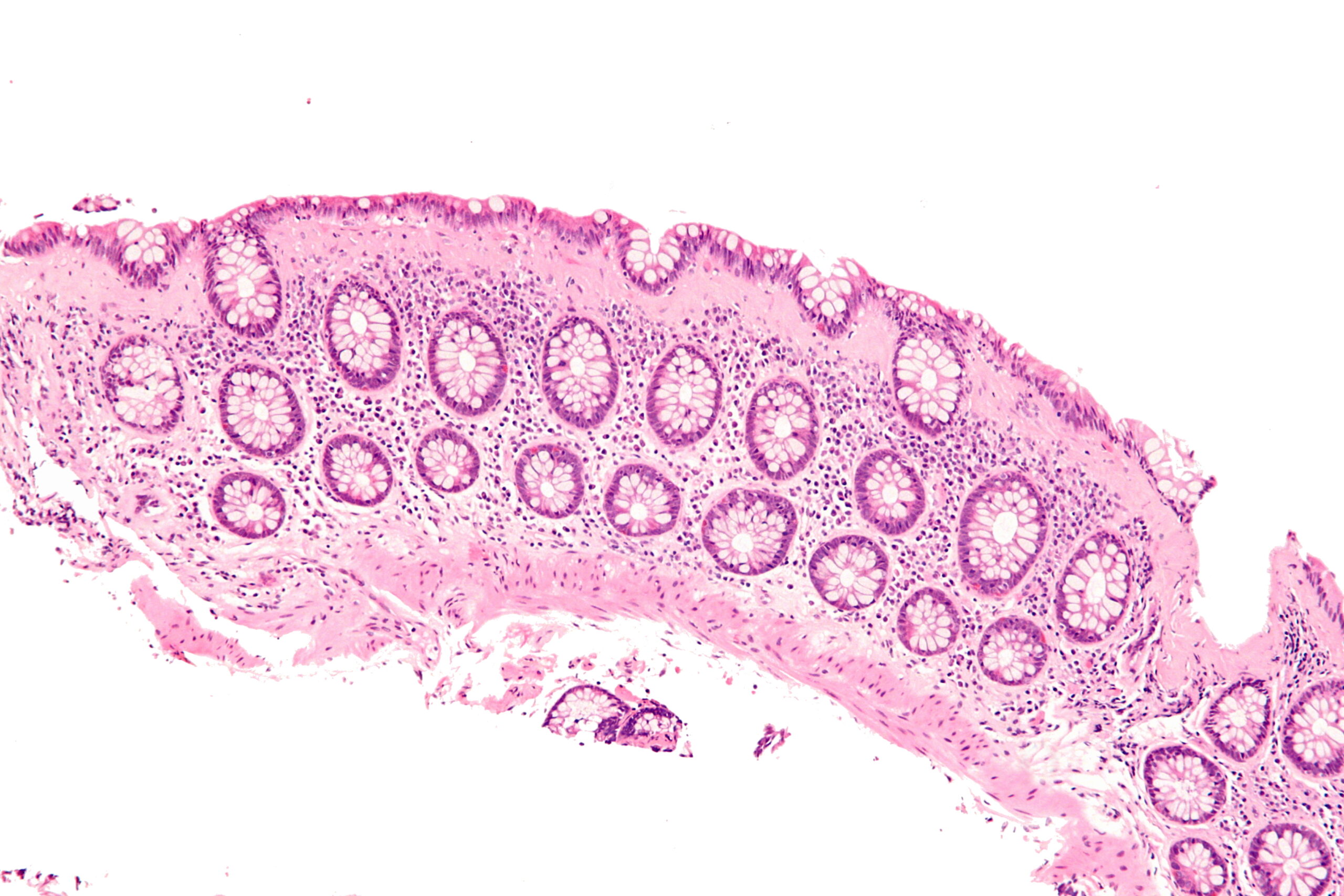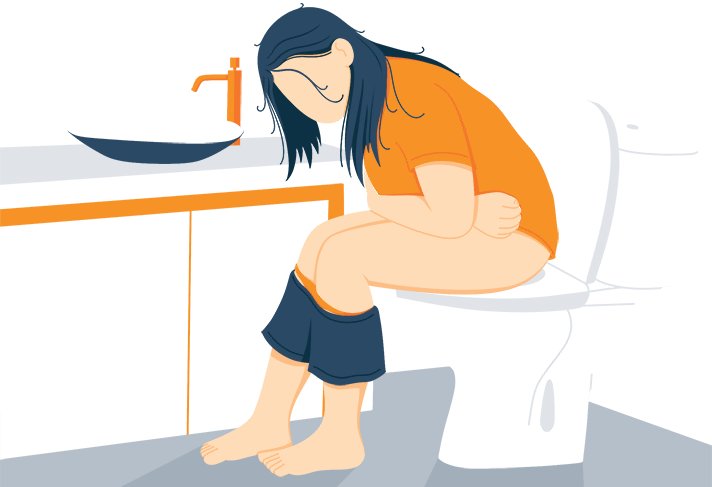Ulcerative colitis, e colitis, Ulcerative colitis symptoms, Colitis treatments, Colitis c, Microscopic colitis, Colitis disease, Symptoms, Ulcerative colitis symptoms in females, Inflammatory bowel disease, Crohn’s disease, Inflammatory bowel disease.
Root Cause of Disease
Ulcerative colitis is an inflammatory bowel disease (IBD) that causes inflammation and ulcers (sores) in your digestive tract. Ulcerative colitis affects the innermost lining of your large intestine, also called the colon, and rectum. In most people, symptoms usually develop over time, rather than suddenly. Ulcerative colitis can be draining and can sometimes lead to life-threatening complications. While it has no known cure, there are several new treatments that can greatly reduce signs and symptoms of the disease and bring about long-term remission.
Symptoms
Ulcerative colitis symptoms can vary, depending on the severity of inflammation and where it occurs. Signs and symptoms may include:
- Diarrhea, often with blood or pus
- Rectal bleeding — passing small amount of blood with stool
- Abdominal pain and cramping
- Rectal pain
- Urgency to defecate
- Inability to defecate despite urgency
- Weight loss
- Fatigue
- Fever
- In children, failure to grow
Most people with ulcerative colitis have mild to moderate symptoms. The course of ulcerative colitis may vary, with some people having long periods when it goes away. This is called remission.
Causes
The cause of ulcerative colitis is unknown. People with this condition have problems with their immune system. However it is not clear if immune problems cause this illness. Stress and certain foods can trigger symptoms, but they do not cause ulcerative colitis. Ulcerative colitis may affect any age group. There are peaks at ages 15 to 30 and then again at ages 50 to 70. The disease begins in the rectal area. It may stay in the rectum or spread to higher areas of the large intestine. However the disease does not skip areas. It may involve the entire large intestine over time.
Home Remedies to treat Ulcerative Colitis
Remedy – 1: Boost beneficial Bacteria

Boost the population of beneficial bacteria in your gut. You can do this by taking an OTC bacteria supplement known as a probiotic. In healthy people, the colon is home to “good” bacteria (such as Lactobacillus acidophilus and Bifidobacterium) that prevent overgrowth of harmful bacteria. But when these bacteria are killed off—often, by antibiotics—the resulting overgrowth of “bad” bacteria and yeast can cause inflammation. Probiotics help maintain an optimal balance. If you don’t want to take a supplement, try eating yogurt with active cultures.
Product Links: Probiotic drink, Supplements
Remedy – 2: Fuel Your Body with Care

• Favor bland food—cooked carrots, white rice, applesauce, etc. If you’re already suffering from diarrhea and abdominal pain, eating lots of spicy foods will only make matters worse.
• Cut back on dietary fat. Fried foods, fatty meats, and other sources of fat can trigger contractions in your intestine, which can exacerbate diarrhea.
• Eat less dietary fiber during flare-ups. Ordinarily, high-fiber foods like bran, whole grains, and broccoli are good for the system. But during flare ups they increase your risk for painful gas. Once you feel better, resume a normal fiber intake.
• Many people with Crohn’s disease are unable to digest lactose, a form of sugar found in dairy foods. If you feel gassy and bloated, try avoiding milk and all other dairy foods for a few days. If your symptoms go away, you may have lactose intolerance. Switch to lactose-free dairy products, take pills containing lactase (the enzyme needed to digest milk), or avoid milk products altogether.
Product Links: Lactase pills, Rolled oats
Remedy – 3: Stress Less to Digest Best
Stress can trigger IBD symptoms. So every day, practice yoga, meditation, deep breathing, visualization, or another stress-reduction technique. For example, you might sit in a quiet spot for 20 minutes or so and visualize a healing blue light slowly pouring down the length of your digestive tract, soothing the inflammation. Imagine that as this blue light travels through you, it leaves healthy tissue behind.
Other Remedies
Fenugreek
Fenugreek is also known as methi. It can help to reduce the symptoms of ulcerative colitis by forming a protective coating along the digestive tract. Also, it can increase inflammation, and it can provide nutrition because it is rich in protein, calcium, iron, Vitamin A, and Vitamin C. You should add one teaspoon of crushed fenugreek seeds to one cup of hot water. You should let it steep for 3 – 5 minutes. You should strain it and drink this tea once per day until you see improvements in your condition.
Ginger
Ginger can be a very effective home remedy for managing the symptoms of ulcerative colitis because it has antioxidant and anti-inflammatory properties .
Also, this is a very effective home remedy for the digestive tract. But you should not take it in excess. In one cup of water, you should put 2 tablespoons of grated ginger. You should boil this home remedy and then let it simmer for about ten minutes. You should strain it and then drink ginger tea. If you want, you can add honey and lemon juice to it. You should do this natural treatment a few times per week until you see improvements in your condition. Also, you can take ginger supplements after you have talked with your doctor.
Psyllium seeds
Psyllium seeds is rich in soluble fiber, which works as a bulk-forming agent, and it can improve gut motility, and this can help to get relief from mild to moderate diarrhea that is caused by ulcerative colitis.
You should add ½ – 2 teaspoons of ground psyllium seeds to one cup of warm water, and you should drink it before it becomes too thick. You should do this natural treatment once per day until your condition improves. People, who have never used this home remedy, should begin with ½ teaspoon and gradually increase the dosage.
When you are using this home remedy, you need to drink a lot of water throughout the day because this can help to prevent constipation. Before you start using this home remedy, you need to talk with your doctor because this home remedy can worsen the symptoms in some cases. If you have bowel obstructions or spasms, then you should not take this home remedy.
Preventions
There are no preventive treatments for colitis till now. The cause for colitis is also not yet known completely.
But good nutrition can play an important role in managing the disease. Changes in diet can help reduce symptoms. Some of the dietary changes that may be advised include:
- Not drinking carbonated drinks
- Not eating high-fiber foods such as popcorn, vegetable skins, and nuts while you have symptoms
- Drinking more liquids
- Eating more frequent, smaller meals
- Keeping a food diary that identifies foods that cause symptoms



